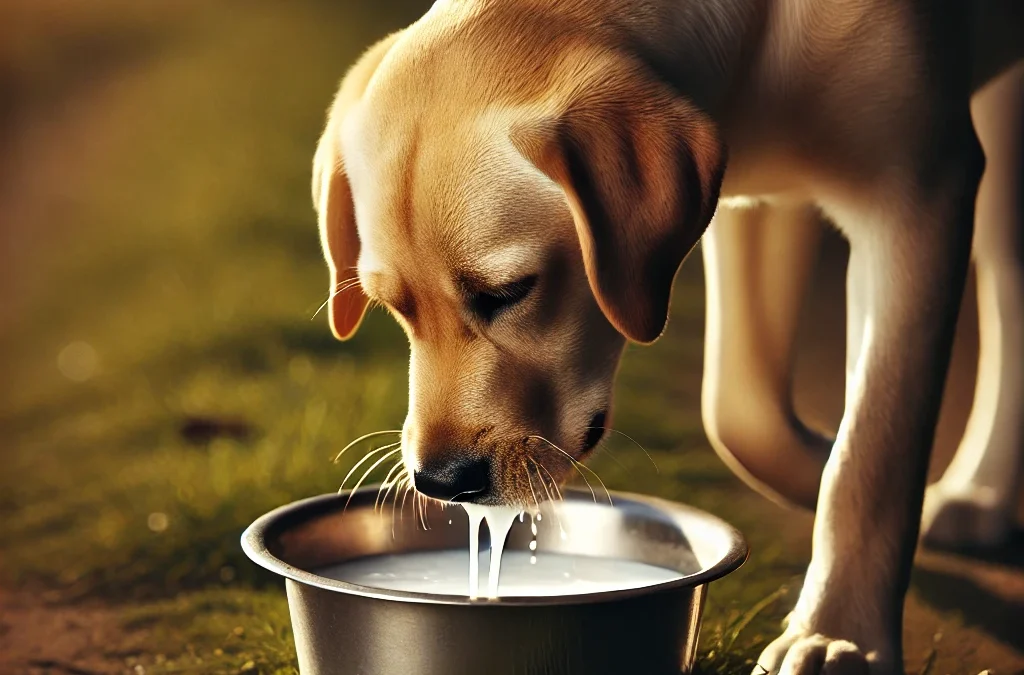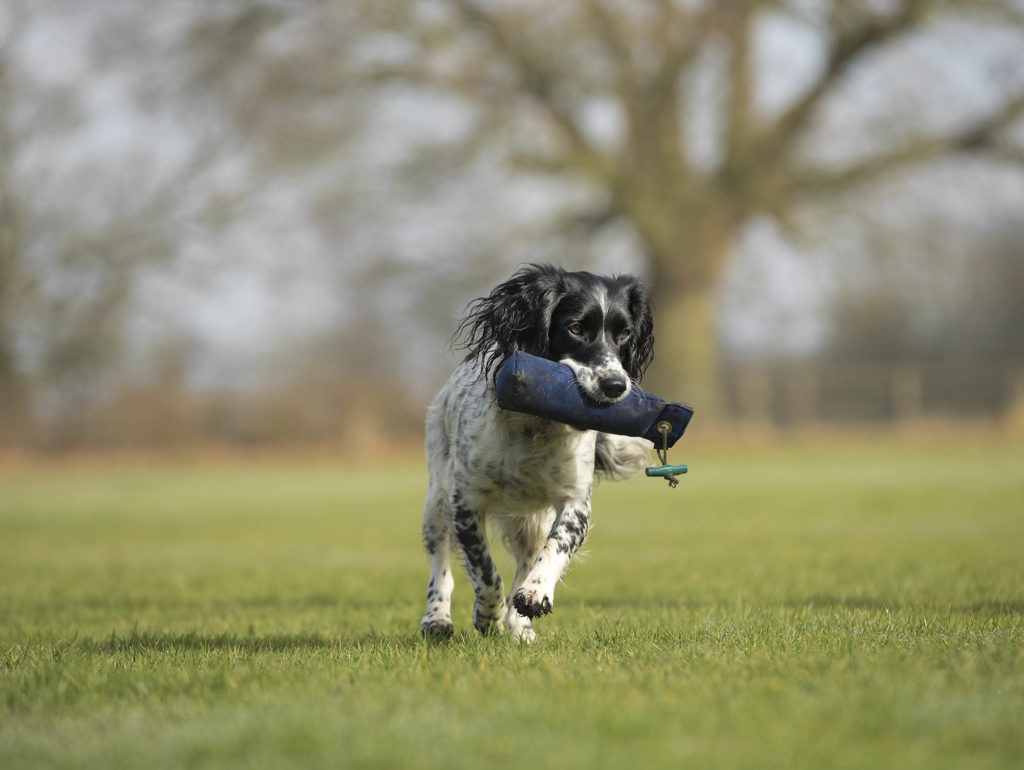How Goat’s Milk Can Improve Hydration for Sporting Dogs
As a result of my competition Labrador, Ezra, consuming large amounts of water on training days, I began to wonder how this was impacting his performance. He tends to pant a lot—sometimes from excitement or overthinking—which leads to a dry mouth and the constant need to hydrate. After consulting Holly Barker, the expert behind the Sport Dog Nutrition Facebook group, she recommended giving goat’s milk before training sessions.
Following her advice, I introduced goat’s milk into Ezra’s pre-training routine, and I quickly noticed the difference—he no longer felt the need to drink water during our sessions. It got me thinking: how much do we really know about proper hydration for sporting dogs, and could goat’s milk hold the key?
Understanding the Nutritional Needs of Sporting Dogs
Sporting dogs, whether involved in gundog work, agility, herding, or other physically demanding activities, have higher nutritional demands compared to household pets. Their diet must include high-quality proteins, fats, vitamins, and minerals to fuel their muscle development, endurance, and recovery. However, one often overlooked but critical aspect of canine nutrition is proper hydration.
The Role of Hydration in Sporting Dogs’ Performance
Hydration plays a crucial role in maintaining blood flow, regulating body temperature, and ensuring that muscles function optimally. When dogs, especially those engaged in high-intensity work, become dehydrated, they risk health issues such as heatstroke, kidney damage, and poor performance. Sporting dogs lose water and electrolytes through panting, which makes maintaining proper hydration even more important during training sessions or trials.
Goat’s Milk: A Nutritional Powerhouse for Sporting Dogs
Many adult dogs struggle with digesting lactose, which is found in high quantities in cow’s milk. This can cause digestive issues such as diarrhea or gas. Goat’s milk, however, contains lower levels of lactose, making it a much more tolerable and beneficial option for dogs. It’s also packed with essential nutrients like calcium, potassium, and vitamins, making it a great addition to the diets of sporting dogs. But did you know it can also be used to keep your dog hydrated?
How Goat’s Milk Helps Hydrate Your Sporting Dog
Goat’s milk is a great way to encourage hydration and replace lost electrolytes. Here’s why it’s effective:
Electrolyte Replacement: Goat’s milk naturally contains electrolytes such as sodium, potassium, and magnesium, which are essential for maintaining fluid balance. This is particularly important for dogs who lose electrolytes through intense physical activity.
Encourages Fluid Intake: Some dogs, especially after exercise, are reluctant to drink plain water. Goat’s milk is highly palatable, which encourages dogs to drink more and stay hydrated.
Digestive Support: Goat’s milk contains probiotics that support a healthy gut. A well-functioning digestive system helps dogs absorb nutrients and water more efficiently.
Energy Boost: Along with hydration, goat’s milk offers a quick source of energy due to its fat and protein content, which can aid in post-workout recovery.
Incorporating Goat’s Milk into Your Sporting Dog’s Diet
Adding goat’s milk to your dog’s diet can be a simple and effective way to boost hydration. Here are a few tips:
Start Slowly: Introduce goat’s milk gradually to ensure your dog tolerates it.
Use in Moderation: While it’s a great hydration aid, goat’s milk should complement water, not replace it.
Monitor for Allergies: Though rare, some dogs may have sensitivities to dairy products, so keep an eye out for any adverse reactions.
Conclusion
Proper nutrition and hydration are essential for maintaining your sporting dog’s health and performance. Goat’s milk provides a unique blend of nutrients and electrolytes that can help your dog stay hydrated and energized during training and trials. By incorporating goat’s milk into your dog’s diet, you’ll not only improve hydration but also support their overall health and well-being.
As always, consult with your veterinarian before making any major changes to your dog’s diet to ensure it’s the right choice for their specific needs.
Gundog Training Courses
Have you got a gundog breed at home? Would you like to train him/her for the shooting field, or would you just like to train your dog to a high level? I can help with these scenarios.
Puppy Training Courses
When you first bring a puppy home it can be very exciting but daunting all at the same time, so I am on hand to come and guide you through those key canine development stages to ensure that your puppy grows up to be well-mannered.



